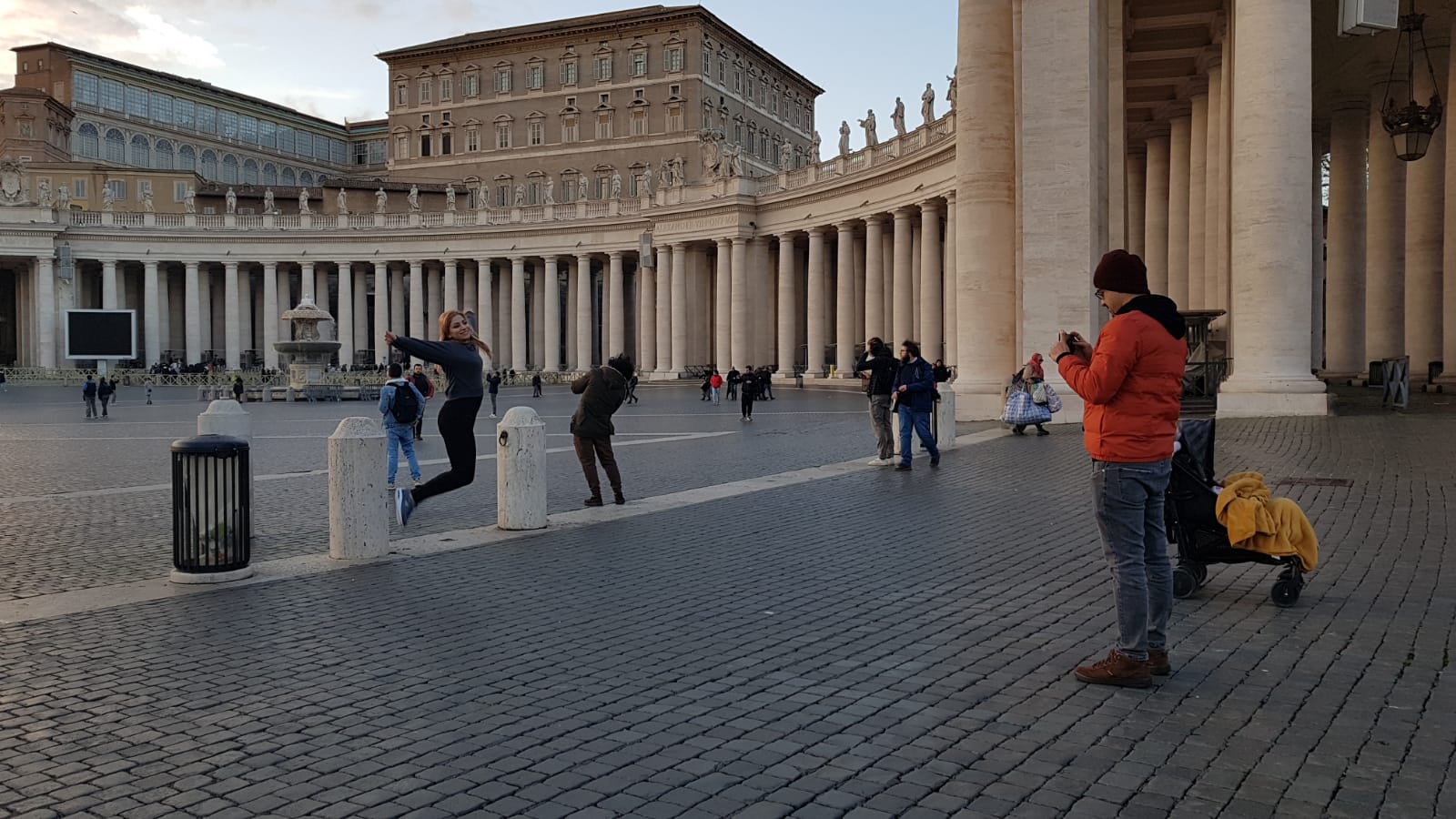My exuberant, eccentric and extraordinary train journey, zigzagging through western and central Europe at a maniacal pace, walking a beautiful stretch of the Camino de Santiago near Donostia/San Sebastián, dipping my feet in the Atlantic Ocean in Sintra, staying in lovely boutique hotels as well as a bench on the boulevard of Nice, sipping red wine in Mérida and Syracuse, photographing photographing people under the magical arches of the mosque/cathedral of Córdoba, summoning a squadron of gendarmes at the train station of Perpignan after some lost youth tried to pickpocket me, eating a most delicious Phò in Amiens, explaining my condition in Spanish to a dentist in Vigo, doing some garden work in lovely inland Normandy, fine dining in a Portuguese restaurant filled with only Korean tourists who were attracted by a culinary travel blog, wandering through the streets of Rome and Siena, stalking a famous Dutch writer in the labyrinthic old town of Genova, visiting not a single museum in Budapest, doing nothing special in Barcelona, avoiding the all-you-can-drink crowd in a Lisbon hostel, walking lonesomely through Bordeaux to find a rather rancid hostel because my friend living in that city who I had asked if I could perhaps stay with him had, unbeknownst to me, died about a week before my arrivel – me how valuable (or, as the English language has it, invaluable) a genuine interest in another person’s Journey can be. Where does such an interest come from? What is the function of such interest? Why does someone else’s Journey (write large: my geographical shuffle serves as a metaphor for the intellectual and spiritual journey most individuals undertake at some part of their lives) matter?
Good for them! Good for you! Merely moving around, in time, in space, in ideology, is not enough. If you merely go everywhere, you can at best inspire to be a superlative, an anecdote that is useful for narcissists because they can consolidate their own story with it. You being at a certain place at a certain time doesn’t matter, no matter how many times and how many places.
You have the potential to matter only if you think you matter.
But let us not employ such stilted language. My experience confirmed what we all know: our stories are barely related. How we interact with people we meet for the first time shows this. Most people we meet as strangers have a very small repertoire when it comes to small talk.
“Where are you from?” A person is a national first. This seems to be hard-coded in the fleeting dialogues of travelers who cross paths. Why not “What is your language?”
“Where in the Netherlands?” Precision is a virtue. But even if one would reveal the exact location of the bed or bath in which one was born, this only makes the emptiness of such conversations more tangible.
I am like a toddler. Mama should give me a compliment. But my mother died twenty years ago this year. Just ‘being’ is not enough for an adult. You have to constantly prove your worth, but this is impossible. You can prove yourself worthwhile for other people’s stories, by creating a use-value for them, but this value is separate from your person. No matter how hard you work, what you produce is only valuable if it can be extracted in the Marxian sense: if it can be separated from your person. What we realize is that a person’s worth is a fundamental assumption in our social intercourse, a sort of Kantian regulative idea, or in more existentialist terms, a decision we can only make in good faith, that is, blindly.
We cannot ‘make ourselves interesting’ by traveling around the world, becoming the world’s richest person, or winning first prizes. Whether there are people who are ‘into us’ (inter-esse) is a matter of luck. It’s not just the good luck of meeting the right people at the right time in our lives, but the luck that we have, from our deepest childhood onward, espoused an instinctive self-image of worthiness.
Lacking such instinct, we can develop a compulsion to create something original in order to be accepted. We can develop the fear of repeating what we said before. We can develop a need to become impossible geniuses, because we think that our worth lies in the realm of impossibility.
The resolution is of course a pseudo-Hegelian realization that we always-already are part of a community. The fact that we experience the sometimes debilitating pangs of nihilism does not place us outside of anything. We should (I am unabashedly imperative here) embrace the fact that no matter where we go and what we do, it is never enough to prove our worthiness.
We are worth just as much (not more, not less) as the stream we see our reflection in, the insects, the rocks, or the leaves rustling in the wind – if we pay attention.
